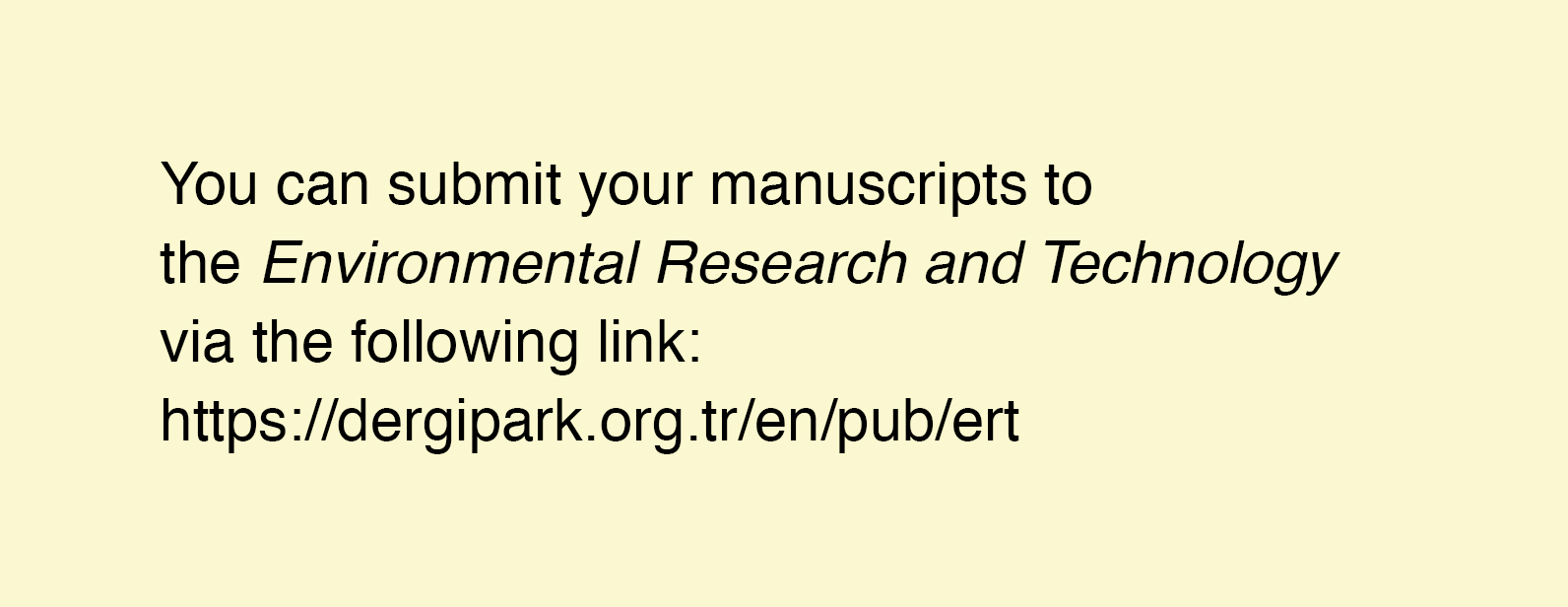Abstract
The purpose of this study (technical assessment) is to understand the effect of the Syrian crisis on the solid waste management (SWM) sector in Non-State Armed Group (NSAG) controlled areas and define the worst communities located in Daret Azza and Atareb subdistrict (DAAS)/Aleppo governorate of Syria. The assessment showed that: SWM sector in general is not supported from Non-governmental organizations (NGOs) in a good way so the environment is polluted and cutaneous leishmaniasis registered cases increased and a huge number of the cases were registered during the fourth months of 2018. The number of communities of DAAS is forty and the population is about 275740 persons (of them 110016 internal displaced persons (IDPs)) live in it, all these local councils do not receive or supported by SW equipment, tools and machines, The SWM of Majbineh, Balenta, Bshantara, Bishqatine, Mezanaz, Arnaz, Qanater, Western Kafr Jum and Arhab is considered the worst in DAAS. The total volume of MSW production of DAAS is 386.72 m3 day-1 and the total quantity is 77344 kg day-1 and the average value SW production per capita for DAAS is : 0.28 kg day-1, All the landfills of DAAS are not sanitary and could be considered a randomly dumps. The maximum Cutaneous leishmaniasis cases are at Western Kafr Jum: 738 cases in the fourth months of the 2018 year, which is considered so risky, the root cause of this case related to the bad SWM.











